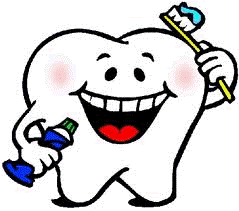Mia Carpiniello, Associate Director
While it may seem like everyone in your Organic Chemistry class is pre-med, pre-dental is another common path for lovers of science with a passion for health care. Here are a few traits we see in pre-dental students.
You have the “gift of gab.” Do you enjoy making personal connections with people? Does the prospect of developing long-term, continuous relationships with patients appeal to you? Many dentists spend more than 30 minutes with a patient in a typical appointment, and see the same patients regularly over many years, making the profession a good choice for extroverts with top-notch communication skills.
Fine motor skills are your thing. Dentists spend hours every day using their hands. So, it is no surprise that dental schools enroll students with manual dexterity skills that are transferrable to the practice of dentistry – such as visual artists, engineers, pastry chefs, and even car mechanics. As I learned on a recent visit to a state-of-the-art hands-on simulation lab at a dental school, very fine motor control and excellent hand-eye coordination are essential.
You are intensely curious and enjoy creative problem-solving. Does tackling scientific questions excite you? A successful dentist must be adept at clinical problem-solving, which frequently requires thinking outside-of-the-box. This is one reason abstract thinkers, engineers, and philosophy majors may be drawn to this career.
Whether you have known since you had your braces removed that you wanted to become an orthodontist or you just recently started to consider dentistry as a career, take time to explore the field now. Get outside of the science classroom and into a dentist’s office. Shadow a variety of dentists to gain exposure to the breadth of dental medicine – from general dentistry to one of the nine specialties. For more information and resources, see our webpage for pre-dental students.



